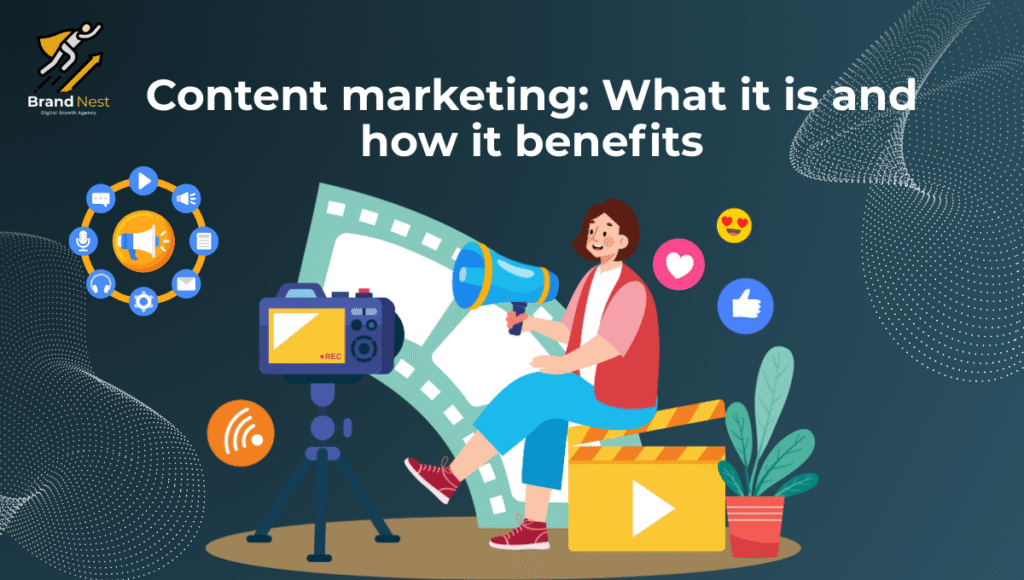
In today’s competitive digital landscape, businesses are constantly seeking effective ways to connect with their target audience, build trust, and drive long-term growth. One of the most powerful approaches to achieving these goals is content marketing. Far from being just another marketing buzzword, content marketing has established itself as a strategic method that helps brands create value, strengthen relationships, and improve overall visibility in the marketplace.
What Is Content Marketing?
Content marketing is a strategic approach to creating and distributing valuable, relevant, and consistent content with the goal of attracting and engaging a clearly defined audience. Unlike traditional advertising, which directly promotes products or services, content marketing focuses on offering useful information that addresses the audience’s needs, questions, or interests.
The primary objective of content marketing is not only to generate sales but also to build long-term relationships by positioning a brand as a trusted source of knowledge. This content can take various forms, including blog articles, videos, podcasts, infographics, case studies, eBooks, newsletters, and social media posts. When executed effectively, content marketing enhances brand reputation, improves customer loyalty, and drives organic growth.
Key Components of Content Marketing
Valuable Content – The content must offer genuine value to the audience, whether through education, problem-solving, or entertainment. Irrelevant or overly promotional material tends to be ignored.
Consistency – Success in content marketing requires consistent publishing. A steady flow of content helps a brand stay top of mind and establishes reliability.
Audience Focus – Understanding the target audience is essential. Brands must research demographics, behaviors, pain points, and preferences to create content that resonates.
Distribution Channels – Creating content is only half the job. Selecting the right distribution platforms—such as websites, social media, or email newsletters—is critical for reaching the intended audience.
Measurement and Analysis – Metrics such as engagement, traffic, conversion rates, and customer feedback provide insights into the effectiveness of content marketing strategies.
How Content Marketing Benefits Businesses
The advantages of content marketing are far-reaching. By emphasizing value and relevance, businesses can achieve a wide range of benefits that extend beyond short-term gains.
1. Builds Brand Awareness
Content marketing helps businesses establish a strong presence in the market. When companies consistently produce informative and high-quality content, they increase their chances of being discovered by potential customers through search engines and social media platforms. For example, an insightful blog article or an engaging video can introduce a brand to new audiences and create a memorable impression.
2. Establishes Authority and Credibility
In the digital age, customers gravitate toward businesses they trust. Sharing expert knowledge and industry insights through blogs, case studies, or whitepapers positions a brand as a thought leader. This credibility builds confidence among potential customers and makes them more likely to choose that brand when making purchasing decisions.
3. Drives Organic Traffic
Search engine optimization (SEO) plays a crucial role in content marketing. Well-optimized content ranks higher on search engine results pages, driving organic traffic to a company’s website. Unlike paid advertising, this traffic is sustainable over the long term, making it a cost-effective strategy.
4. Improves Customer Engagement
Content provides an opportunity for brands to engage with their audience in meaningful ways. Interactive content such as polls, quizzes, or videos encourages participation, while blog posts and newsletters invite comments, shares, and discussions. This two-way communication strengthens relationships and fosters a sense of community.
5. Generates Leads and Conversions
While content marketing is not purely promotional, it indirectly drives sales. By offering free, high-quality resources—such as guides or eBooks—brands can capture leads through email subscriptions or contact forms. Once leads are nurtured with consistent content, they are more likely to convert into paying customers.
6. Enhances Customer Loyalty and Retention
Content marketing is not only about acquiring new customers but also about nurturing existing ones. Providing ongoing value through newsletters, tutorials, or personalized updates keeps customers engaged even after they make a purchase. Loyal customers often become advocates, spreading positive word-of-mouth and bringing in new prospects.
7. Cost-Effectiveness Compared to Traditional Advertising
Traditional marketing methods such as TV ads or billboards can be expensive and often lack measurable outcomes. In contrast, content marketing requires lower investment while delivering long-term results. Once created, content can continue to generate traffic, leads, and brand awareness for months or even years, offering a high return on investment.
8. Supports Other Marketing Channels
Content serves as the foundation for many other marketing efforts. Social media campaigns, email marketing, and even paid ads often rely on well-crafted content to succeed. A single piece of content, such as a research report, can be repurposed into blog posts, infographics, and social media snippets, maximizing its value across multiple platforms.
The Future of Content Marketing
As consumer behavior evolves, content marketing continues to adapt. Emerging trends such as video-first strategies, personalized content, voice search optimization, and AI-powered insights are shaping the future of this field. Brands that remain flexible and adopt innovative content strategies will have a significant advantage in connecting with modern audiences.
Conclusion
Content marketing is more than just creating and sharing information—it is about delivering value, building trust, and nurturing long-term relationships with an audience. Businesses that invest in thoughtful and consistent content strategies can enjoy numerous benefits, from improved visibility and credibility to stronger customer loyalty and sustainable growth.
In a digital world where attention is scarce, content marketing empowers brands to stand out, connect meaningfully with their audience, and achieve lasting success.


